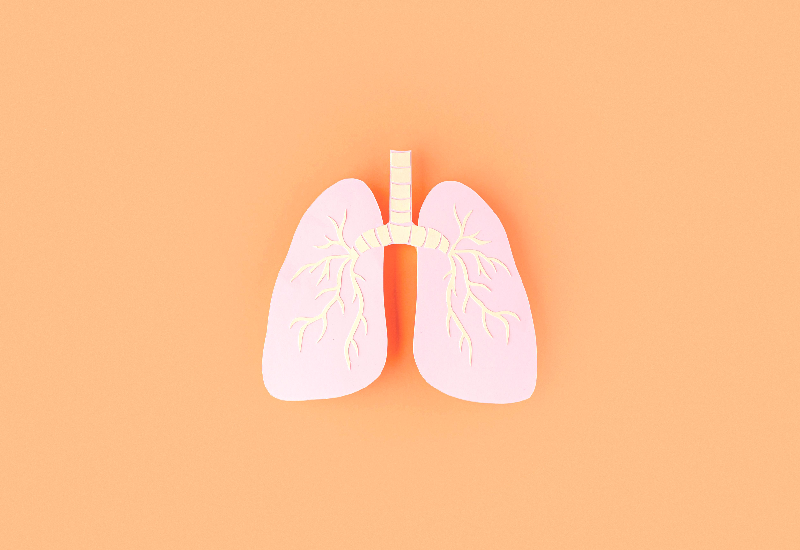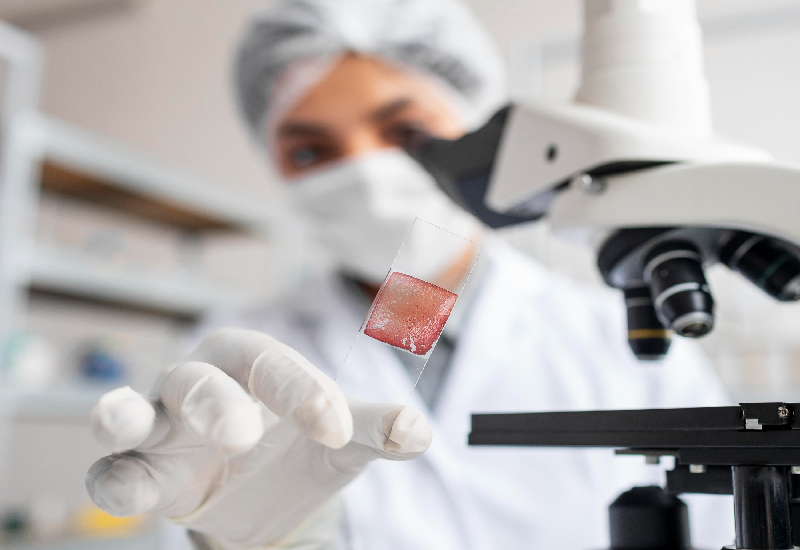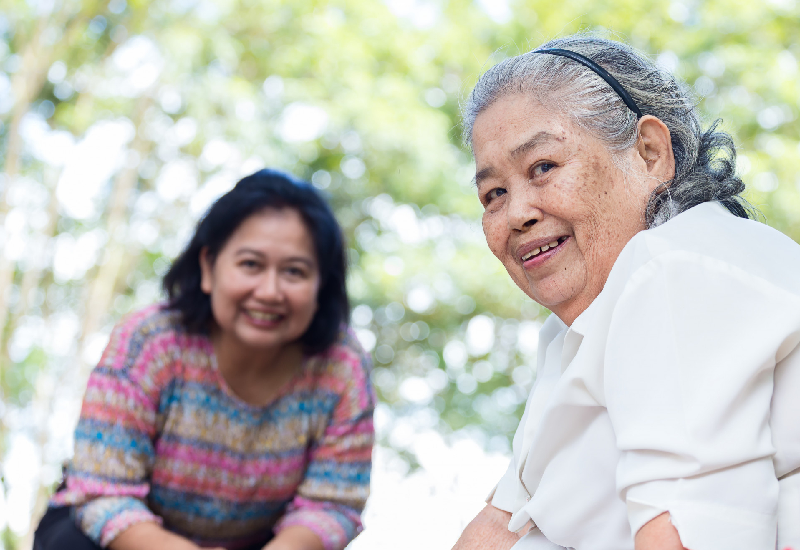Lung cancer is one of the most common cancers. Its rapid growth in number has had an influence on the need for more lung cancer testing and more discoveries.
Cancer occurs when abnormal cells divide uncontrollably and destroy body tissue. When this happens in the lungs, it’s called lung cancer.
Lung cancer can be of two types:
- Non-small cell lung cancer (NSCLC): This is the most common type of lung cancer, and it’s slower to grow and spread to other parts of the body.
- Small cell lung cancer (SCLC): This cancer is most likely linked to smoking; it is more aggressive than NSCLC and spreads and grows quicker in other body parts.
Risk factors for lung cancer
Almost 90 percent of lung cancer is caused by smoking. Additional risk factors for lung cancer include secondhand smoking, a family history of lung cancer, and being exposed to environmental pollutants.
Being informed about the factors can be helpful in analyzing the health risks. Symptoms of lung cancer
The early signs and symptoms of cancer could be subtle yet persistent. Understanding the risk and the symptoms can be efficient for early detection.
- Chronic coughs, whether dry, with phlegm, or with blood, might seem benign and can be easily overlooked.
- Respiratory issues include frequent respiratory infections, shortness of breath, or wheezing during daily activities.
- Pain areas, such as sharp pains in the chest or ribs, may worsen with breathing or coughing.
- Unexplained weight loss over a short period.
- Lack of energy and restlessness.
Diagnostic methods for lung cancer testing:
Chest X-ray
A chest X-ray is usually the first test done to detect any abnormalities in the chest cavity. However, X-rays do not provide details for the diagnosis, so this is followed by more detailed tests.
CT scans
CT scans are the mainstay of lung cancer diagnostics. This provides the healthcare provider with a broad spectrum, such as the size, the location, and the potential spread of the cancer.
Tissue biopsies
A biopsy is a procedure to remove a piece of tissue or sample cells from your body to get it tested and determine the specific type of lung cancer. More than identifying, a biopsy gives the healthcare provider a better understanding of the cancer’s characteristics to formulate the treatment.
PET scans
PET scans can examine and highlight cell activity, offering an understanding of the spread of cancer and aiding in treatment choices.
Liquid biopsies
Unlike traditional blood tests, liquid biopsies, such as RGCC’s, are more insightful than cancer care. This simple blood test can examine the CTC’s and genetic mutations that take place with cancer. Liquid biopsies help untangle the genomic complexes of cancer and make the cancer path an empowering one.
RGCC’s cancer tests
At RGCC, our experts personalize and go beyond that to transform cancer care. Our focus transcends identification and diagnosis to stop in on catering customized treatments to unique needs.
Our tests offer precise genetic and genomic profiles of cancer cells, guiding accurate treatment strategies. Our CTC tests and Onconomics Panels are groundbreaking, focusing on the unique characteristics of each patient’s cancer to tailor treatment options effectively.
Furthermore, our specialized tests use advanced molecular biology and artificial neural networks to examine over 90 genes, enabling early cancer detection. The Onco-Clare test exemplifies our dedication to advanced cancer diagnostics.
This is especially useful for those who are at risk of lung cancer due to family history or other factors.
Contact us
Explore innovative testing solutions developed by RGCC, illuminating a path toward improved lung health. We’re leading a transformation in cancer care technologies and protocols.
At our cutting-edge research centers, we utilize advanced tests and protocols to provide a personalized view of each patient’s genetics, physiology, and immune profiles.
Our goal is to empower patients with valuable insights into their cancer biology, supporting them on their journey to successful treatment outcomes.
Begin your journey to informed cancer treatment by reaching out to us online today.








